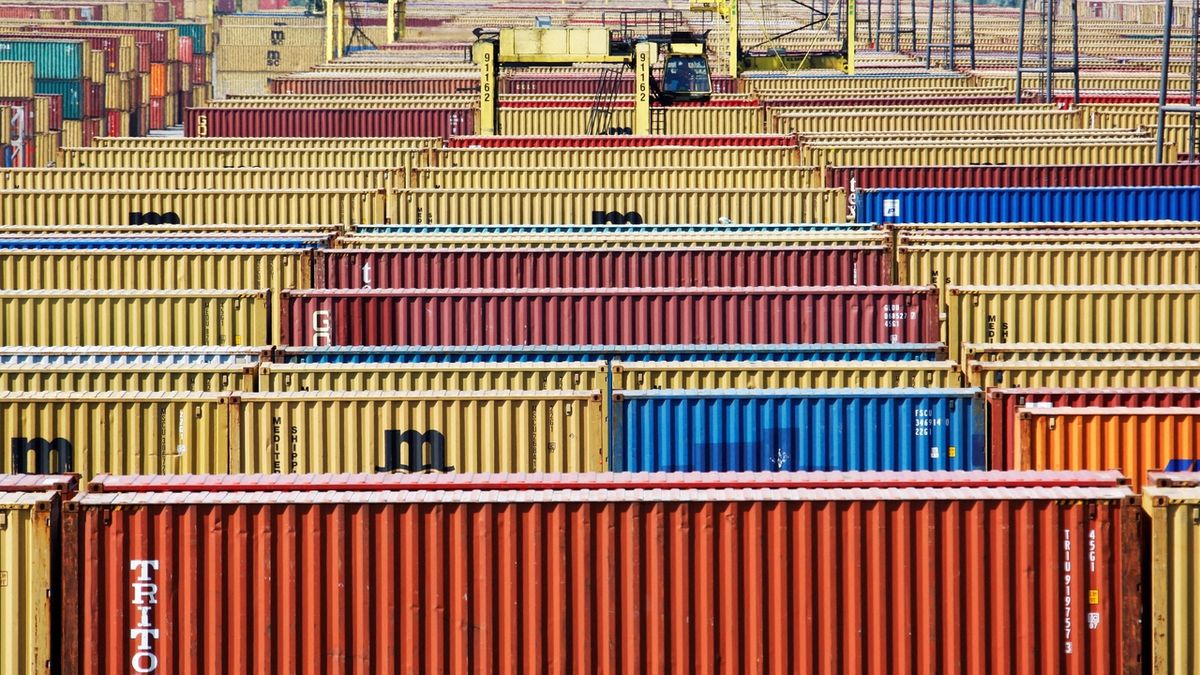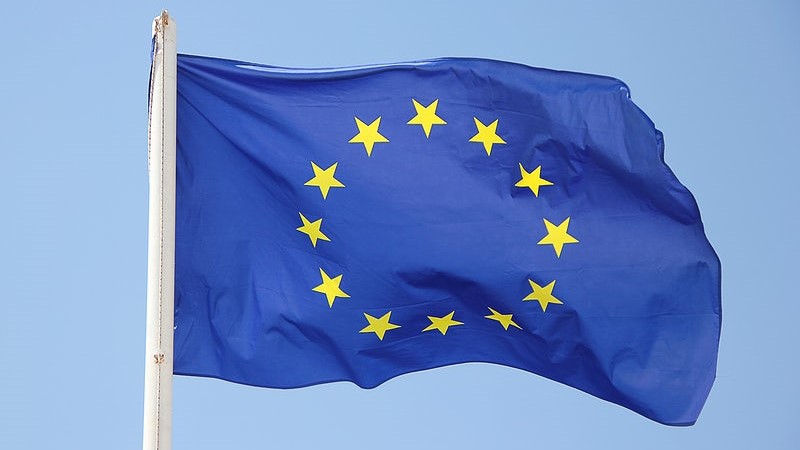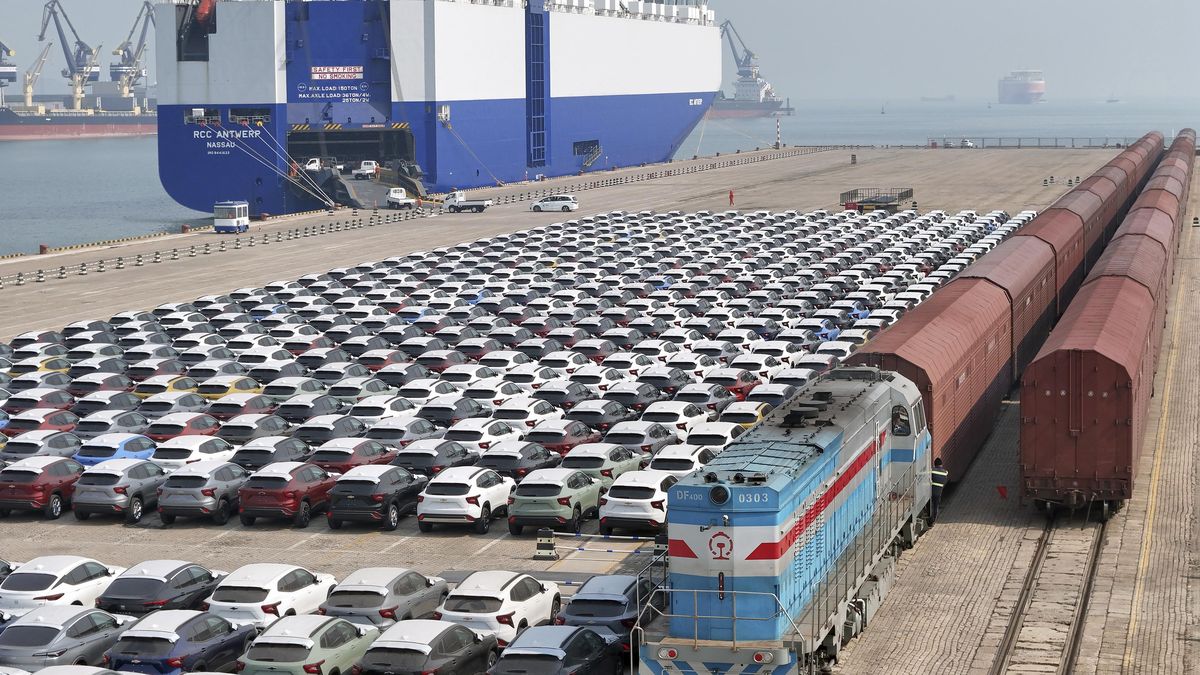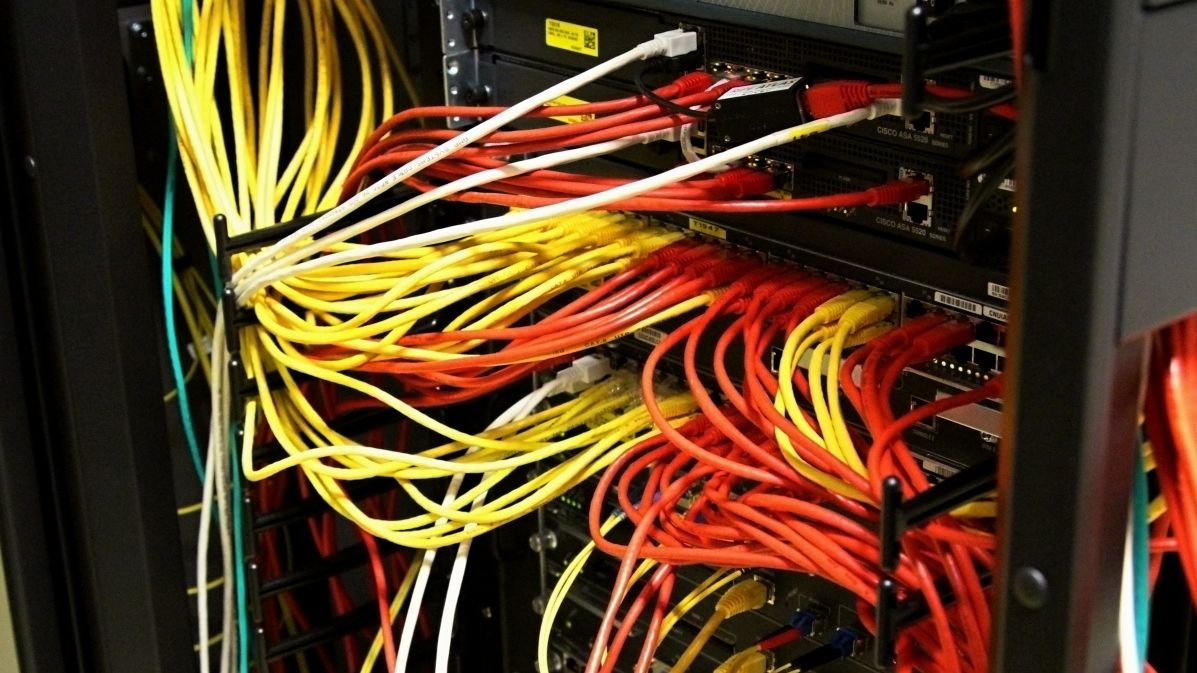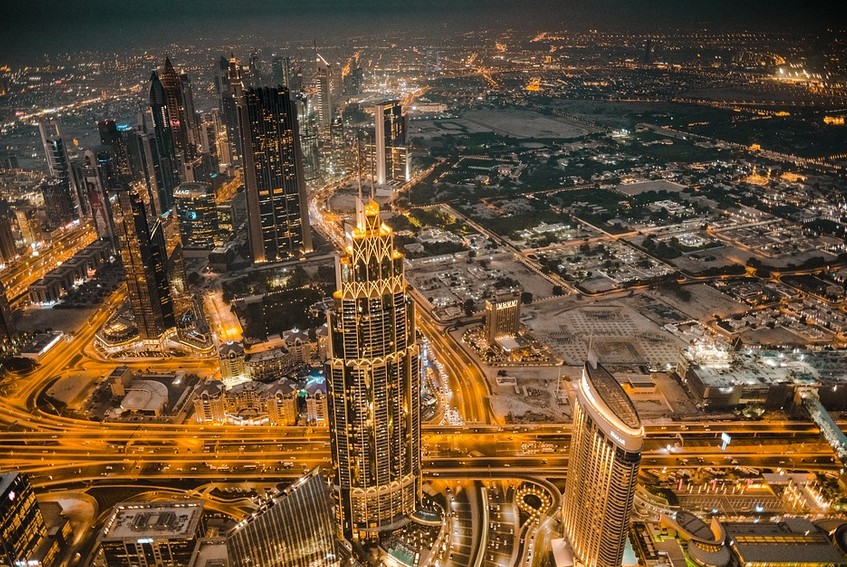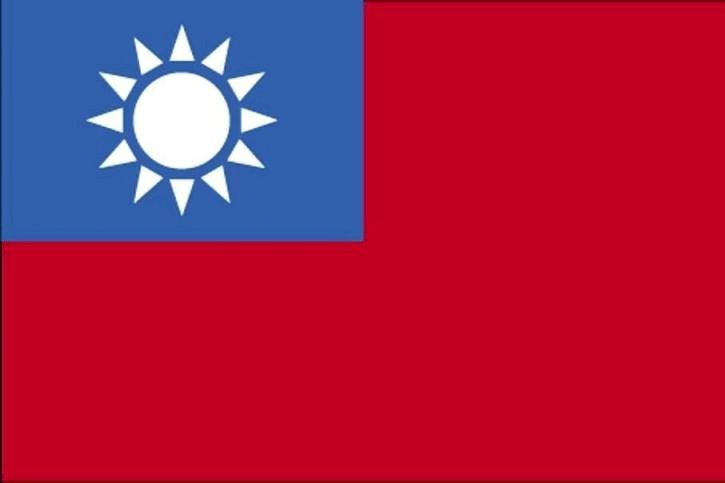Official press office new china he said he died of leukemia and multiple organ failure. Shortly after the announcement of the former president’s death, the agency’s website switched from its color version to black and white.
“Comrade Jiang Zeming’s death is a great loss to our party, army and people,” the Chinese Communist Party, parliament, government and army wrote in a joint letter to the nation. The document describes Jiang as “an outstanding leader, a prominent Marxist, a statesman, a military strategist, a diplomat and a proven communist fighter.”
He brought China into the World Trade Organization (WTO) and allowed private companies. Beyond the borders, however, Jiang Zemin retains the label of a strict authoritarian leader.
Plain face, thick dark-rimmed glasses, almost no charisma. He didn’t attract attention at all with his usual appearance. But he ruled over a fifth of humanity for thirteen years. At his peak, he was president, general secretary of the party, and head of the army all at the same time.
He left the helm with a reputation as an economic reformer who brought China into the World Trade Organization and allowed private enterprise. Beyond the borders, however, Jiang Zemin, who was born on August 17, 1926, remains the label of a strict authoritarian leader who views economic development as more important than human rights.
Jiang assumed leadership of China after the bloody suppression of the uprising in Beijing’s Tiananmen Square in June 1989. Although he supported the crackdown, he won considerable sympathy when, as secretary of the Shanghai Party Committee, he ignored instructions from Beijing and refused to use force against other protesters in Shanghai.
The election of the relatively unknown Shanghai mayor, Jiang Zemin, to the most powerful post of general secretary of the Communist Party in 1989 was a shock and was seen as temporary.
In high-profile politics, the barely known mayor of Shanghai then chose the architect of China’s economic reforms, Deng Xiaoping, the country’s longtime de facto ruler, as his successor. As head of the Communist Party, Jiang succeeded General Secretary Cao Ziyang who was deposed in June 1989, who paid for his tears in Tiananmen Square.
He fulfilled the duties of the great reformer with excellence
He gave the country development and economic stability. Under his rule, China experienced its longest period of economic growth, joined the World Trade Organization (WTO), and won the right to host the Olympics in 2008. He opened the Communist Party to all social groups, including private entrepreneurs. However, the dark side of the accelerated development, for example, is the widening gap between the rich and the poor.
Jiang Zemin’s position on human rights issues is very ambiguous. He was sympathetic to the student protests of the 1980s and criticized them. In the 1990s, he defended the suppression of the Tiananmen Square demonstrations: “If the Chinese government does not take decisive action, we cannot achieve the stability we are experiencing now”. Under his rule, religious and ethnic minorities continued to be persecuted, for example Jiang banned the religious group Falun Gong.
You will live to see democracy, he promised
Although he took office in 1989 as transitional ruler, he remained in power for more than a decade. He surprised by Chinese standards with his liberal mindset, maneuverability and capacity to deal. He traveled a lot and had success in foreign policy. Even though he lacks charisma, he dazzles with his knowledge of English.
In 1998, Jiang said that democracy must be built in the world’s most populous country in the next 50 years. “China will be transformed from the ground up into a modern, strong, democratic and civilized socialist nation in the middle of the 21st century,” Jiang told representatives of the Chinese Communist Youth. “You will be my age when it happens,” the Chinese president promised them this vision. He was 72 years old at that time.
Jiang represents the third generation in leadership
After Mao Zedong and Deng Xiaoping. To his credit too, the handover after Teng’s death in 1997 was peaceful, and he gradually faded into the background. Already in November 2002 and March 2003, Jiang handed over the presidency of the party and state to his successor, Hu Jintao. Following Deng Xiaoping’s example, he later retained leadership of the two Central Military Commissions and thereby influenced foreign and military policy. He surrendered for good in March 2005, becoming the first Chinese leader to actually retire.
Jiang Zemin was born in Yangzhou, Jiangsu Province. According to Chinese tradition, after the death of his uncle, a communist writer who was killed in battle, he was adopted by his wife, descended from a martyr. He studied mechanical engineering in Shanghai. He speaks English, Russian, a little Japanese and Romanian. Her hobbies include singing and playing the piano, writing poetry and painting.
In recent years there has been speculation about his health, and in July 2011 the Hong Kong media broadcast reports that Jiang had died. According to Reuters sources, Jiang was in the intensive care unit of the Beijing military hospital after a heart attack. However, in October of the same year, he appeared in public after a long time.

“Tv nerd. Passionate food specialist. Travel practitioner. Web guru. Hardcore zombieaholic. Unapologetic music fanatic.”

